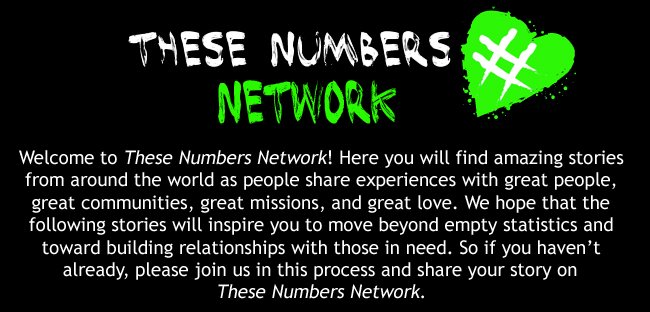Location: Cape Town, South Africa
Contact: scottysloan@googlemail.com
My story begins in an air-conditioned bus, and finishes in a luxury air-conditioned apartment in Cape Town, South Africa. But what happened in between, I cannot, and should not, forget.
Last summer, two weeks after returning from a life changing expedition with Habitat for Humanity to Cape Town, South Africa, I had the good fortune of being selected for a cricket tour to the exact same spot. How lucky was I, I thought, to be returning to the scene of so much joy, bewilderment, and the often shocking truths that had shaped my life since.

However, this time I would be behind the looking glass. In between our matches, we travelled in a western luxury coach and were booked to stay in the Oceanic Apartments in the affluent Camps Bay. A typical summary of this tours attitudes and knowledge can be hinged on the following over-heard conversation:
"Daddy, who lives in the shacks?” “That’s where the hobos live son”
Comments like this would frustrate me for the duration of the tour, but inevitably, we wouldn't be seeing too more townships. This tour was certainly a drastic change from my trip to Cape Town only 6 months prior.
Returning from the Cape of Good Hope on a sight-seeing tour, I had arranged to meet Coach Eric, Anda and Mike from JL Zwane FC to conduct an interview that can be seen on the TheseNumbers.com website. Ironically, I was to be picked up at the Waterfront shopping mall, a place my township friends were unlikely to ever visit. As the commercial centrepiece of the ‘new’ Western orientated Cape Town, it was a place rarely frequented by people from Gugulethu.
Getting in the backseat of that car, I felt humbled, and ashamed. But I was met with warm smiles, a firm handshake, and Eric’s gracious tone. “Good to see you again SS. We missed you.” Here I was, the token white westerner on holiday, heading to my luxury apartment by the sea in the backseat of a car with guys who grew up with very little, and who can only dream of foreign holidays. Yet almost instantly, our conversation was alive with what us Irish call ‘the banter.’ We talked about sports and I was unwittingly surprised about their knowledge of cricket, a typically white cultural pastime. We talked about girls, as guys inevitably do, winding each other up, about JL Zwane FC, and about our jobs. For 20 brief minutes our differences, and our backgrounds were wholly insignificant. We laughed together, we chatted sincerely, and we were comfortable in each other’s company.
We arrived at my luxury apartment and as they wandered around with open eyes and looks of amazement I remember Michael saying, “I’ve never been in an apartment before.” We were back where we started, a reminder of my privilege by birth, and my extraordinary life that I take for granted. But what I took away from that brief 20-minute drive is that colour, privilege, and geography cannot stand in the way of friendship and of basic human interconnectedness. I apologise for my use of cliché, but the statistics that I had digested all my life about Africa became the bright faces of Eric, Anda, and Mike. It was those faces that will forever change the way I think about issues of poverty and my role as someone committed to social justice. As the interview ended and my friends drove back to the shacks of Gugulethu I was left with John F Kennedy’s famous words, “to whom much is given much is asked.”
I apologise for my use of cliché, but the statistics that I had digested all my life about Africa became the bright faces of Eric, Anda, and Mike. It was those faces that will forever change the way I think about issues of poverty and my role as someone committed to social justice. As the interview ended and my friends drove back to the shacks of Gugulethu I was left with John F Kennedy’s famous words, “to whom much is given much is asked.”
I suppose the first step was recognizing my privilege; the second will be doing something about it.
Notes:
Scott's interview with his friends Mike and Anda, taken in Cape Town:
Habitat for Humanity International seeks to eliminate poverty housing and homelessness from the world and currently operates acrosst the globe, including South Africa and Northern Ireland.
By purchasing Fair Trade products, we can all play a tiny part in improving the lives of our friends around the world. Whilst in South Africa, Scott spent time at a Fair Trade Vineyard, witnessing the impressive impact it has upon the community.


No comments:
Post a Comment